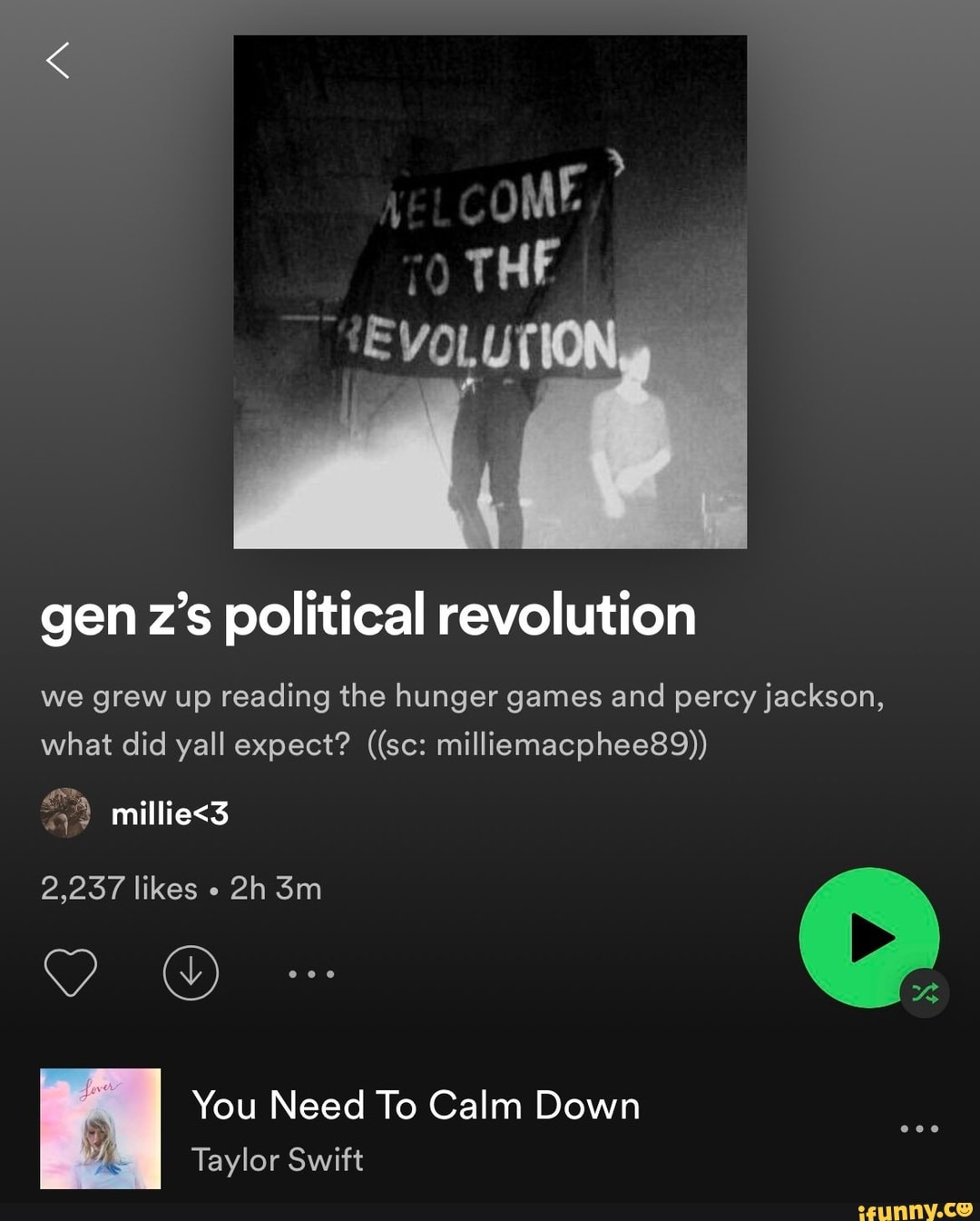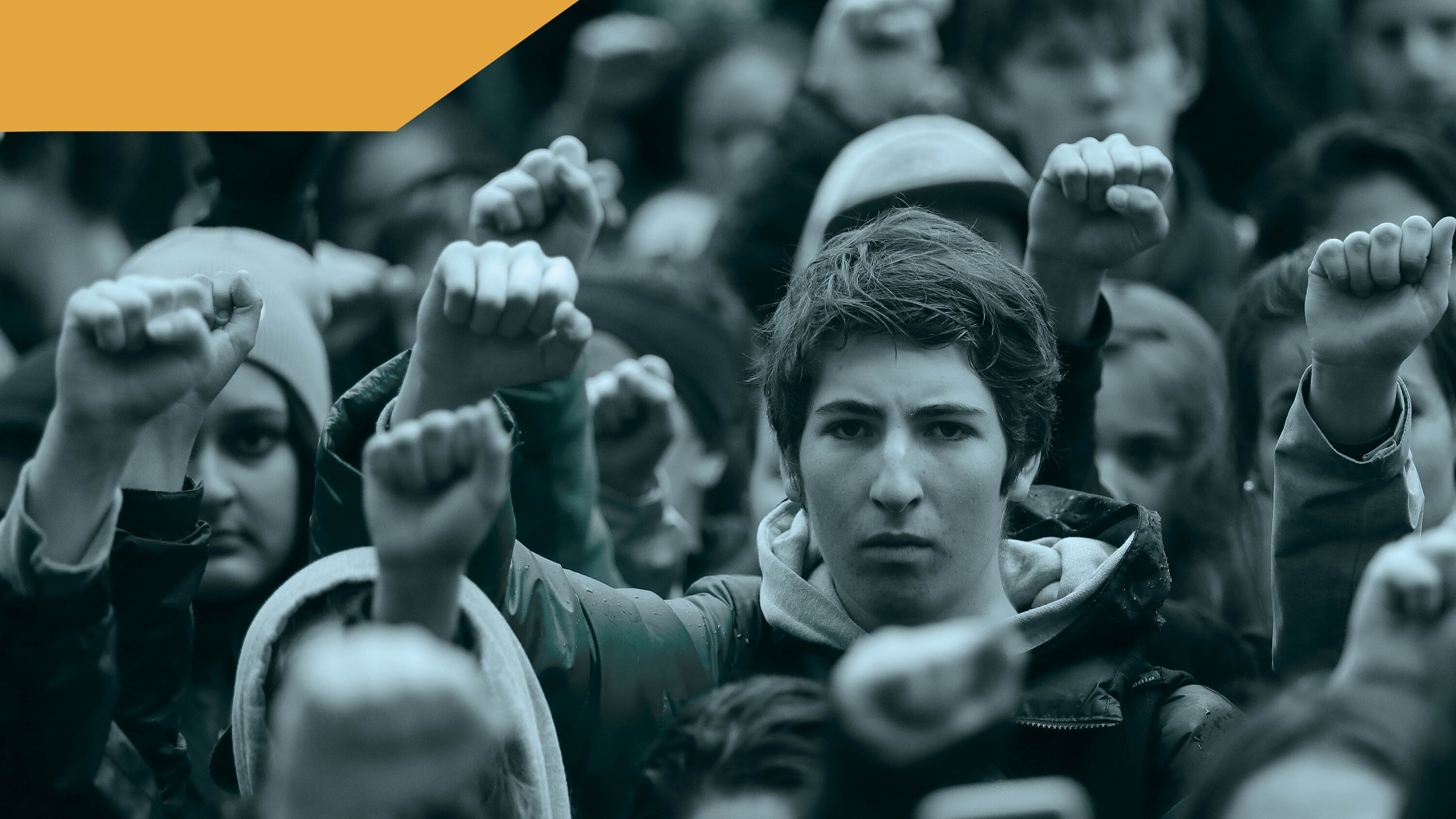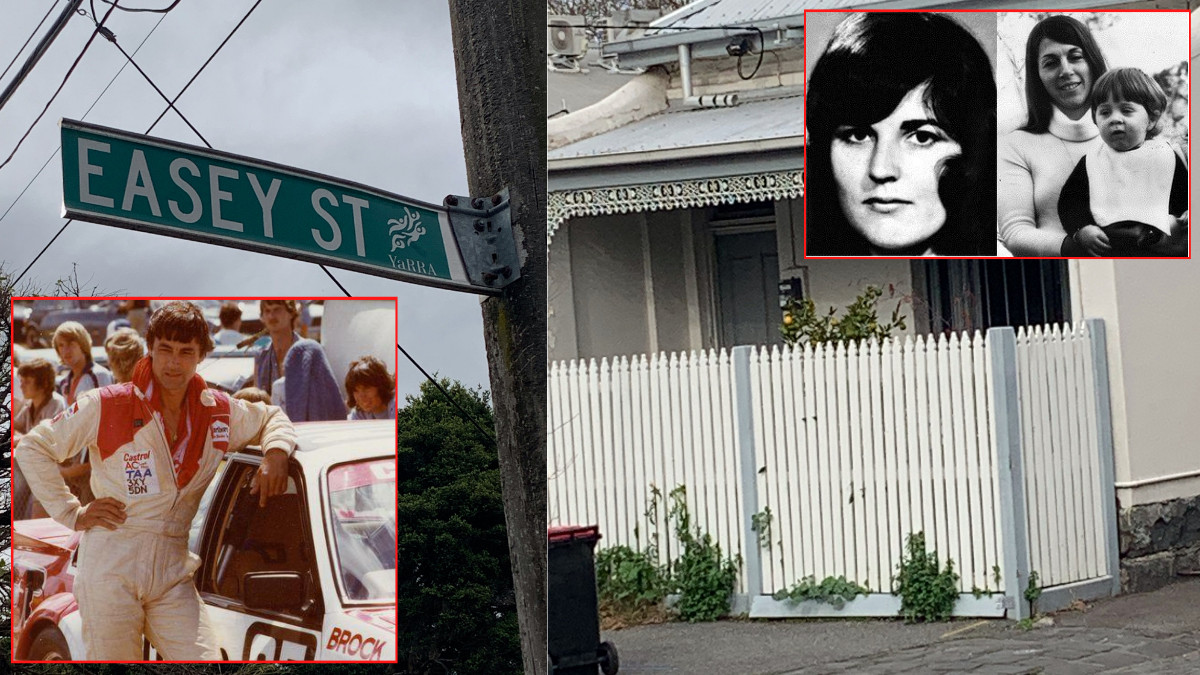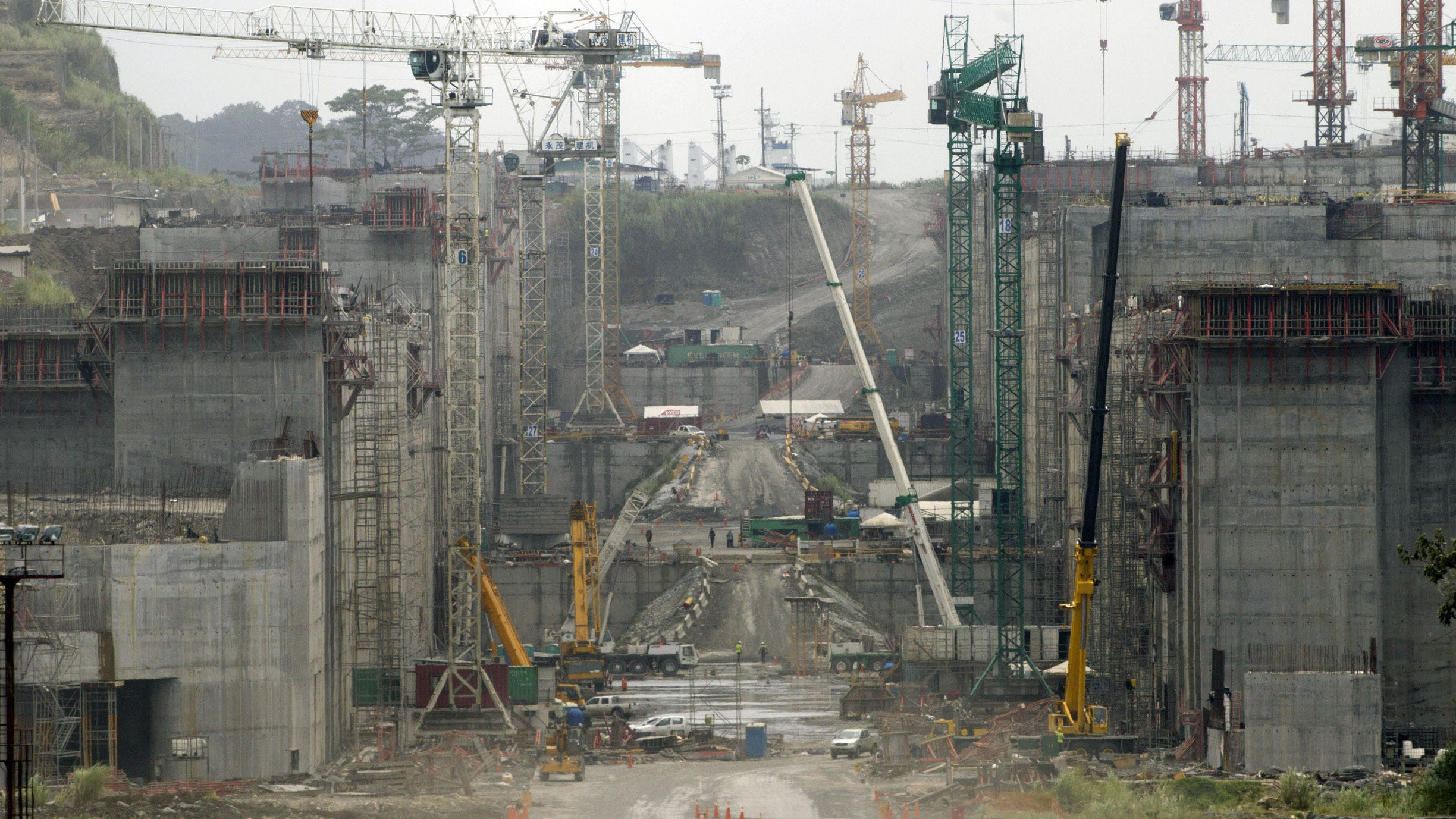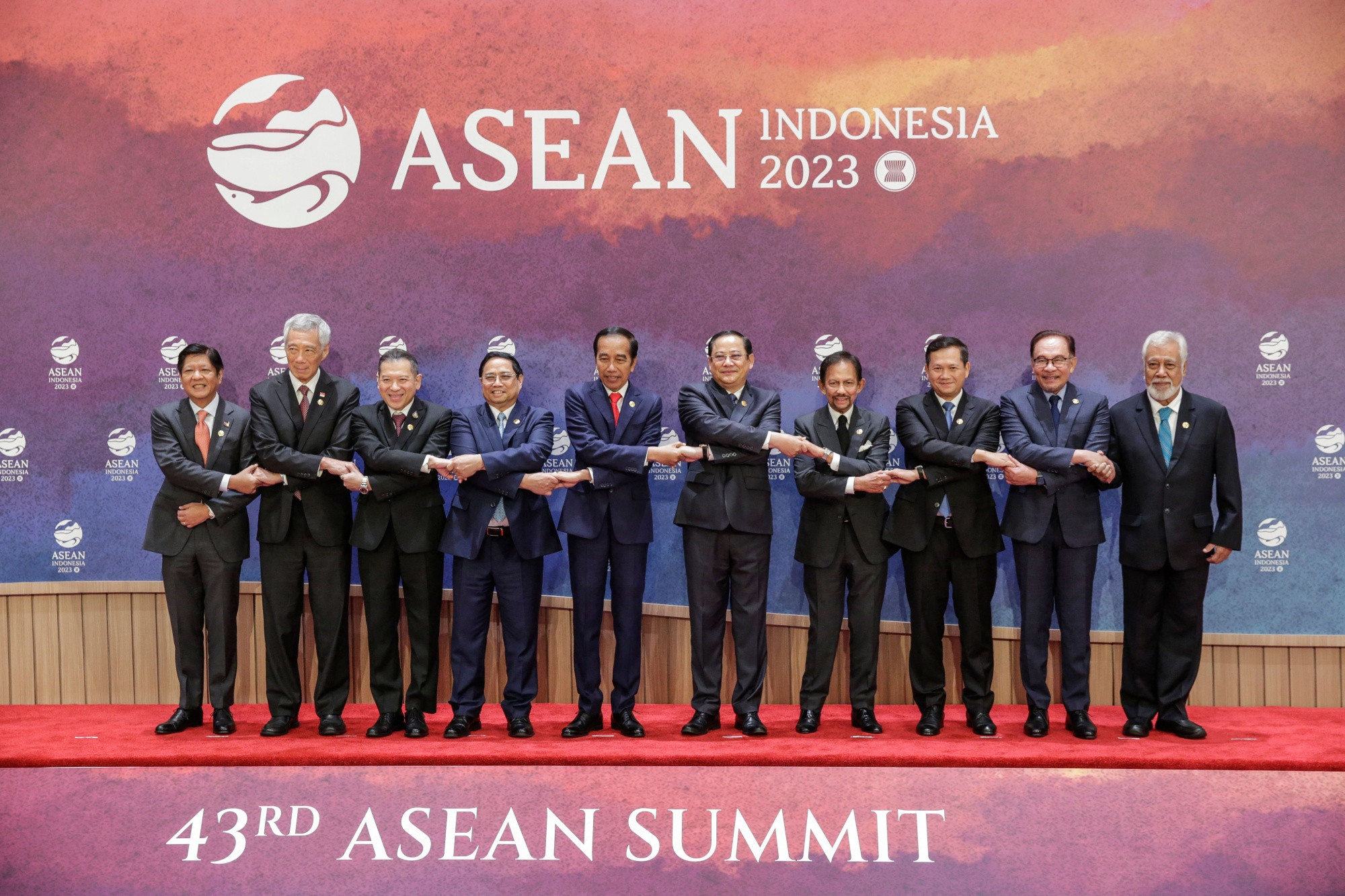Gen Z are trailblazing through cultural, economic and political spheres, despite an unprecedented set of challenges. You have probably heard that young people are “apathetic” or just “lazy” but according to recent polls, Gen Z is among the most politically engaged of generations. They are buried in debt, will have a hard time ever buying a home and retiring will be something they will experience much later than other generations, if at all. But perhaps precisely because they have the odds stacked so firmly against them, they have been displaying a courage and determination to transform their world.
Generation Z, commonly meaning those born between 1997 and 2012, has become the face of global political activism. This cohort is deeply engaged in social and political causes, and uses the power of social media to mobilise support and drive change. Their political activism is characterised by a blend of online and offline efforts underpinned by strong moral convictions and the value of personal experiences. Gen Z’s approach to activism is highly inclusive and intersectional, which enables them to build coalitions across different movements. This amplifies their impact and fosters a holistic approach to social change. They have redefined what it means to be an activist in the modern world.
The Power of Digital Activism
Social media is predominantly recreational and superficial. Platforms such as X (formerly Twitter), WhatsApp, and TikTok are more performative than revolutionary. Yet they offer digital activists the opportunity to reach audiences faster and more efficiently than before. They use hashtags to create viral campaigns, share educational content, and organise virtual events that draw global participation. This digital prowess enables them to break down geographic barriers and connect with like-minded individuals and organisations wherever in the world they may be. By leveraging the immediacy and reach of social media, Gen Z can amplify their voices and create a ripple effect that extends far beyond their immediate circles.
Blending Online and Offline Activism
Gen Z’s ability to integrate their activism into their daily lives sets them apart. For them, activism is not an isolated event but an ongoing effort embedded in their everyday actions and decisions. They engage in issues online until there is a spark to ignite significant impact and then embrace real-world action. Despite their digital dominance, Gen Zers also recognise the importance of physical protest in activism. The blend of online and offline activism maximizes their impact and ensures their message resonates virtually and in the real world. These physical events are potent expressions of solidarity and commitment, draw public attention to issues, and demonstrate tangible support behind digital campaigns.
From Virtual Battles to Real-World Protests: The Rise of Gen Z Activism in Africa
In the hands of Gen Z, social media is not just an outlet to share information about issues, but to plan physical protests. In Kenya, social media platforms were used to summon protesters to the streets and coordinate movements in real-time. Rallies, marches, and protests were planned the night before using different platforms for different tasks. Organisers used encrypted messaging applications such as WhatsApp to communicate with each other and Instagram and Twitter to promote the protests to the public.
Many activists use pseudo-social media accounts that effectively evade authorities since most of these platforms do not share the private information of users with state authorities. This allows Gen Z to operate anonymously, working against disruption and surveillance efforts from local police enforcement. The riots in Kenya and Uganda have exposed double standards by the social media companies such as Facebook and X.com (formerly Twitter). Pseudo-accounts have been used by protestors to organise and promote ideas. But Facebook has been banned in Uganda since 2021 after the platform suspended ruling regime operatives for creating pseudo accounts that were used for campaigning.
The selective control by social media companies has also sparked suspicions that foreign states have orchestrated the riots in Uganda. The Ugandan president also accused some of the protest organisers of “always working with foreigners” to cause chaos in Uganda. The Kenya president, even though his country is a key United States-ally, made a fiery charge: that Gen Z protestors are being funded by the US philanthropic organisation Ford Foundation. Adding fuel to the fire, according to Voice of America, the US State Department organises workshops across Africa to promote the use of new technologies to improve governance.
Navigating Government Censorship
African regimes are increasingly restricting social media through legislation and shutdowns due to their use in protests and the increased political mobilisation of Gen Z. Some governments have introduced taxes on access, which has reduced the number of users on the affected platforms. However, young people have found ways to bypass some of the measures such as using virtual private networks to access banned Facebook sites in Uganda. The further development of smartphones, increased internet access from satellites rather than local networks, and the likely continued emergence of new platforms (keeping Gen Z one step ahead of the authorities) will likely keep this trend moving.
Gen Z's Impact on Political Discourse
Over the years, social media and new phone technology have changed the youth attitude towards political participation. The scale of online participation is changing the narrative of Gen Z as future leaders to one where they are influencing policy decisions in the present. In recent years, Gen Z has worked on mobilisation of their peers to participate in politics. This has involved creative ways including making politics enjoyable through satire, memes and creative arts. Social media platforms have also evolved to meet the demands of Gen Z for more dynamic content. The video-sharing platform TikTok is currently the platform most suited to this kind of engagement strategy, but this could change in the future.
The mobilisation of Gen Z into politics is promising. The next course of action is widespread protests if the challenges that affect them are not addressed. The two youth protests in Kenya and Uganda are a glimpse of what to expect from this new mobilisation phase. Governments and leaders must address the challenges facing Gen Z. That is the only way they will be able to stop the protests.
The Future of Gen Z Activism
The rise of Gen Z activism in Kenya and Uganda is a testament to their power and influence. They have demonstrated their ability to mobilize, organize, and challenge the status quo. Their innovative use of social media and their willingness to engage in both online and offline activism have made them a formidable force in the present, not just the future. As Gen Z continues to mature and engage in the political landscape, it is likely that they will continue to shape the future of activism and political discourse.
As the world grapples with the complexities of a changing political climate, Gen Z’s resilience and determination to effect change is a beacon of hope. Their ability to seamlessly navigate the digital landscape and translate their virtual engagement into real-world action is a testament to their adaptability and unwavering commitment to social justice. This generation is poised to leave an indelible mark on the world, pushing for a more equitable and just future for all.




